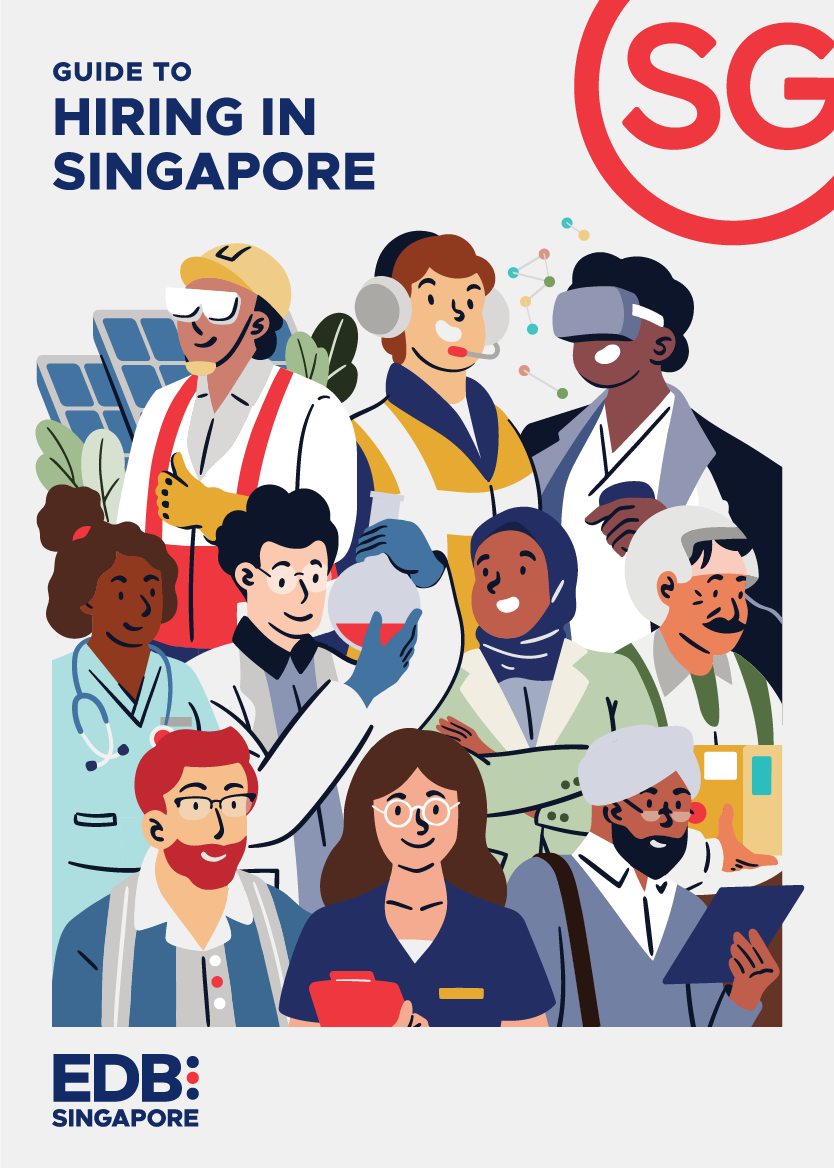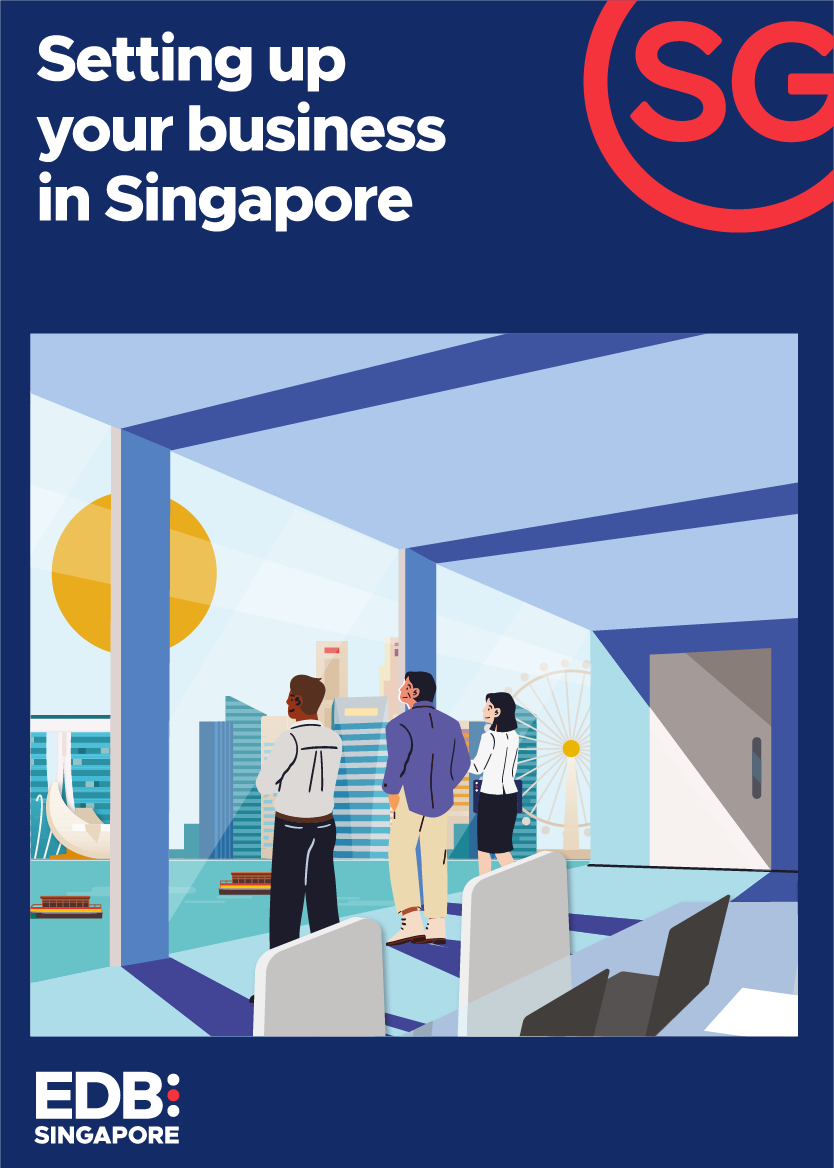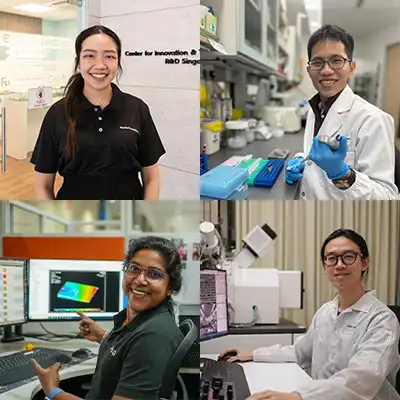Attending the event at the National Museum, Dr Pieter Winsemius, son of Dr Winsemius who died in 1996, said the book is the final chapter of his father's adventure and a "closure on a mighty adventure for us".
"My father came here three weeks, twice... a year, which I still can't believe. I was a consultant my whole life that you can... get a relationship like this, in three weeks, and another three weeks, and it's a lasting relationship, the key word is trust... absolute trust," said the retired politician who was Minister of Housing, Spatial Planning and the Environment in his country in the 1980s.
"My father was extremely fond of Singapore, and we grew up with Singapore. It's my father's home away from home, and it became our second home as well, without ever being here," he added to laughter.
The younger Dr Winsemius, who had specially come to Singapore for the book launch with his children and the children and grandchildren of his two sisters, had brought a block of cheese as a gift for the authors, quipping that his father had always said "selling cheese is much more difficult to do than anything else, making policy and things like that".
Singapore was still a British colony when Dr Winsemius first arrived in 1960 and had just achieved self-government. The economy was undeveloped, educational attainment was low and unemployment was over 12 per cent.
DPM Heng said: "The prospects were bleak. But fortunately, from the very beginning, Dr Winsemius saw the potential of our country."
The economist and his team, who had been tasked by the UN to help Singapore industrialise, presented the Government with what is better known as the Winsemius Report, which guided the country's economic development.
Foreign Minister Vivian Balakrishnan, who also spoke at the event, told an anecdote about how Dr Winsemius had advised the Government to keep the statue of Sir Stamford Raffles along the Singapore River, even though the country was shedding its British colonial past.
"That's because he and our founding fathers... envision a globalised, connected Singapore, one that was open for business," he said.
Leaving the statue would send a signal to investors that Singapore was at peace with its history and comfortable in its own skin, and that the country would remain open to talent, ideas and technology from everywhere, added Dr Balakrishnan, noting that this continues to be a lifelong habit of Singapore.
The younger Dr Winsemius said his father derived great pride from working with Singapore's early leaders such as Mr Lee, Dr Goh and former minister and Economic Development Board chairman Hon Sui Sen.
Such was his belief in Singapore that he personally approached companies such as Shell, Esso and Philips to set up here.
Ambassador of the Netherlands to Singapore Margriet Vonno said the special relationship between Dr Winsemius and the Republic is "one of a kind" and has brought benefits to the peoples of both countries.
"We still benefit from the ripples that his work and legacy created all those years ago," she added.
Albert Winsemius And Singapore: Here It Is Going To Happen ($65) is available at this website.
Source: The Straits Times © SPH Media Ltd. Permission needed for reproduction.









